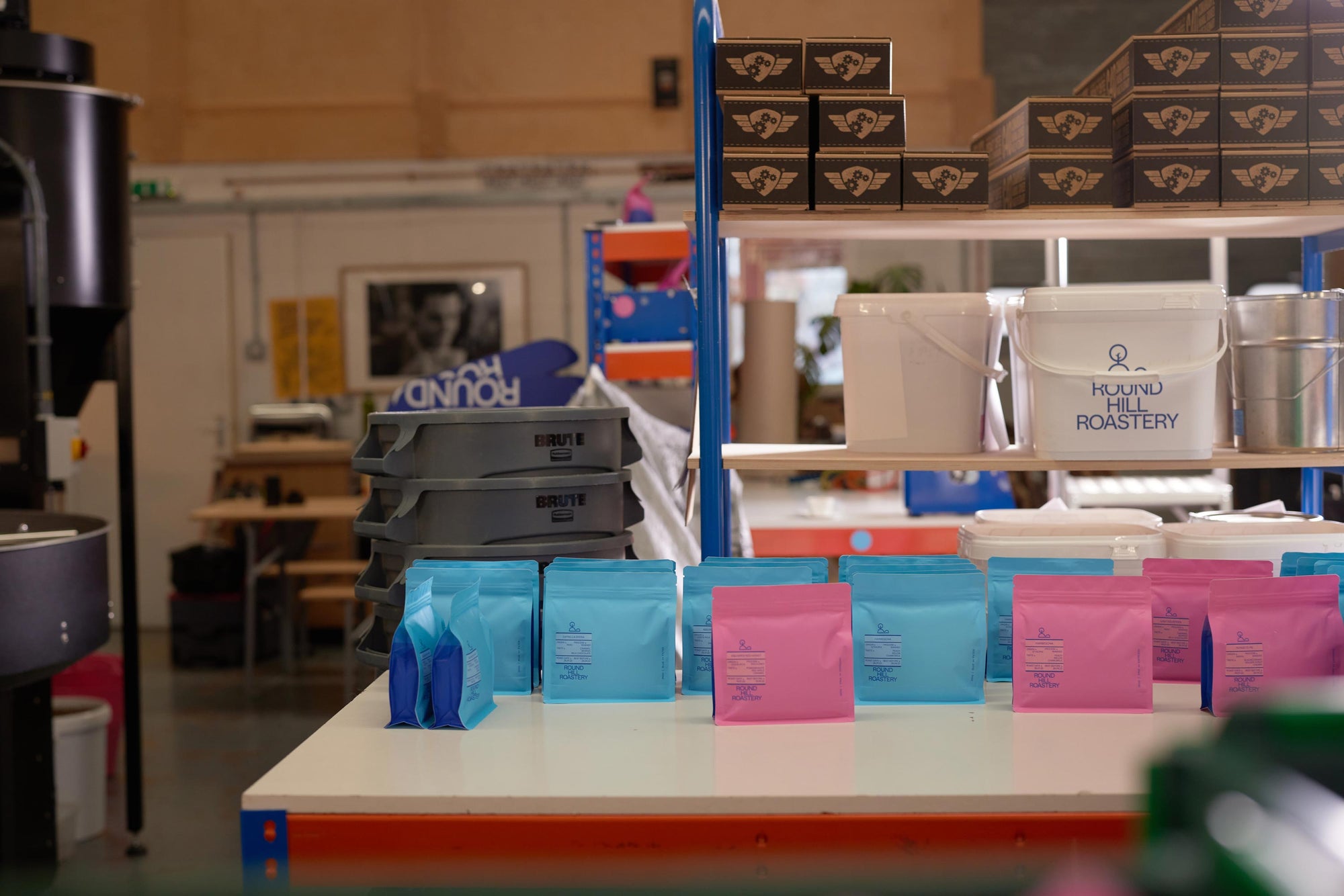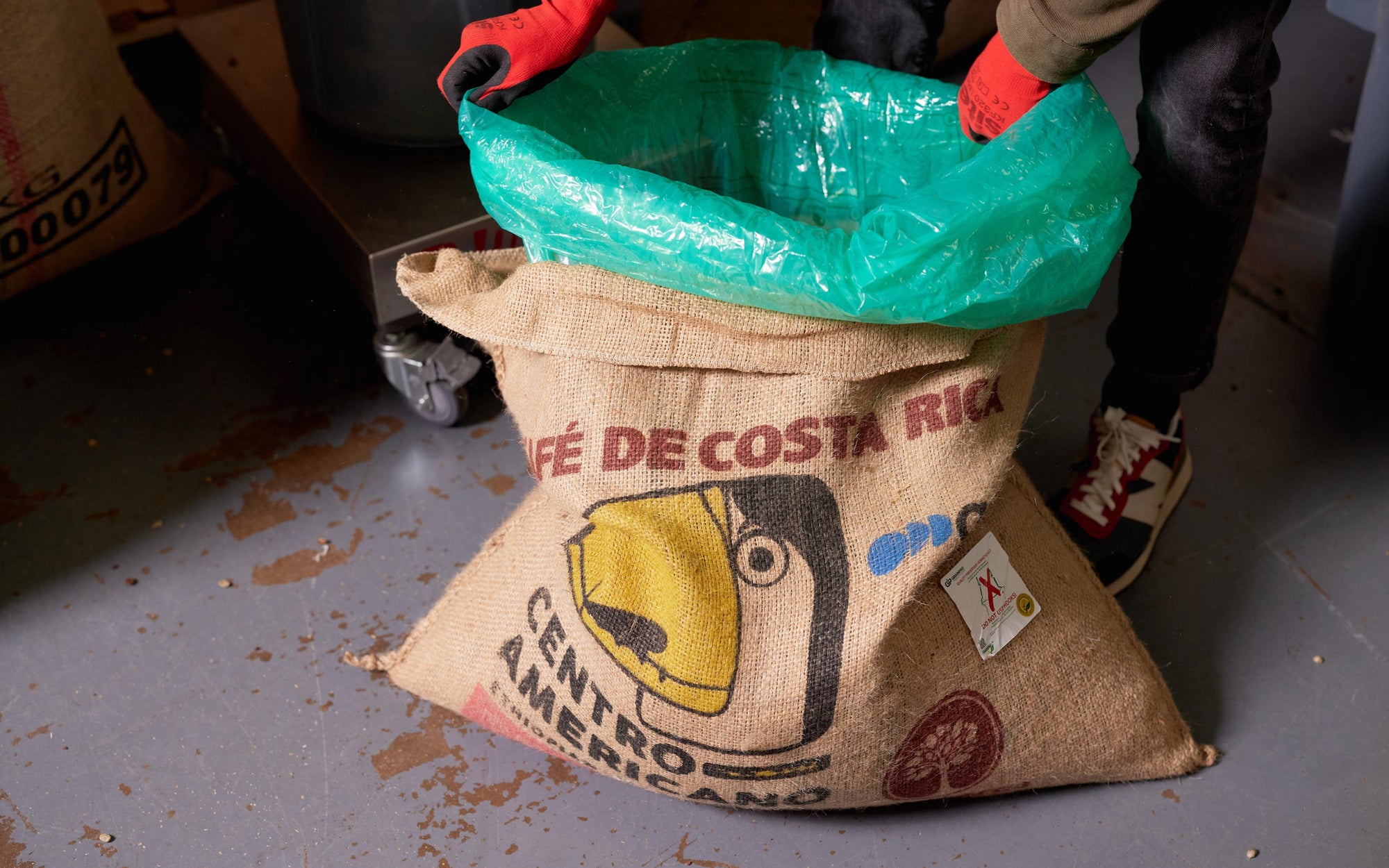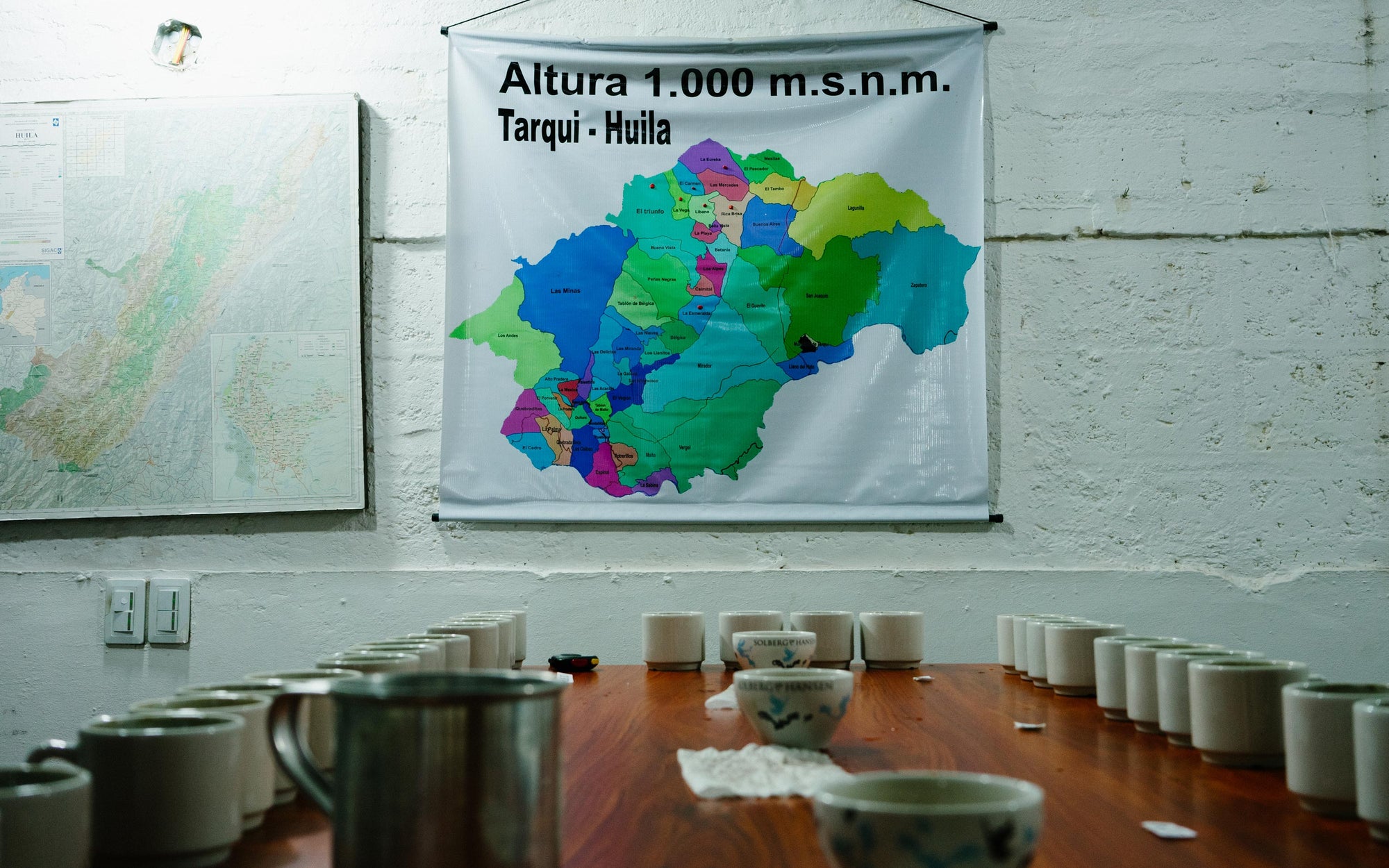Round Hill Coffees
This month we wanted to talk about some of the exciting coffees we’re buying from people and places that we always buy coffee from, coffees that we sometimes in the team refer to as ‘Round Hill coffees’ because we taste them year on year and we’ve worked hard to represent them well. Each year when the fresh crops land is a time we always really look forward to. These ‘core coffees’ that we return to each year are at the heart of Round Hill.


This year has been a little challenging as lots of our coffees from East Africa are coming in quite a bit later than usual and we’re heading towards a bit of a stacked end of summer where we’ll have loads of these ‘Round Hill classic hits’ all around the same time. On the whole it’s a good problem to have as it’s given us a nice opportunity to have a look around and make some spot purchases, try some things that are newer to us and later in the year we’ll be full to the gills with incredibly delicious coffee.
What’s coming up in the next few boxes
So which coffees are we talking about? For starters, pretty much all of our classic coffees from East Africa. Coffees from Kenya, Ethiopia and Uganda that would normally have arrived between April and June are this year not due to arrive until as late as August. Lot’s of coffees that we’ve bought year after year at Round Hill like Kii from Kenya, Biftu Gudina and Nano Challa from Ethiopia, Zinule and Bulambuli from Uganda. All on their way, contracts written and agreed, and we can’t wait as well as some excellent coffees that we’ve cupped and are really excited to see arrive at the roastery. As well as these African coffees we are waiting on some really exciting coffees from our long term partners Caballero in Honduras, such as their Catuai blend that we buy every year for our Unit Fourteen but also some really special microlots such as Confite an extended fermentation natural that we’ve been buying since they first started producing it a few years ago.


Planned Buying
Some of the challenges with our planned buying that we’ve faced over the last few months have been for one, a volatile commodity price for coffee, which leads to buyers being unwilling to buy when exporters want to sell (when the c-price is high) and the reverse of this, that’s a natural flux in the market with buyers and sellers wanting to to buy or sell when the price is favourable to them. However that hasn’t affected our buying from people like Marysabel Caballero and Moises Herrera in Honduras, Juan Saldarriaga in Colombia, Natalia & André Luíz Garcia in Brazil or Estrella Divina in Peru, it has affected our East African buying as we don’t have as established relationships there. Additionally with East Africa there have been big issues with transporting coffee through the Red Sea and the Suez Canal, partially due to the Israel-Palestine conflict. Also there are increased difficulties for farmers due to the ongoing civil war in Ethiopia and shortages of shipping containers, all leading to big delays.
With delays we turn to spot purchasing, which means buying coffees that are warehoused in Europe or the UK rather than still in the origin country, coffees that are ready to be ordered into the roastery.


Spot decision coffees
The basis of all relationships is spot purchasing, all of our long term relationships started from one or two bags that perhaps filled a gap for us or perhaps just really stood out on a cupping table but over time those relationships grow and develop. To give an example, I remember our first purchases of Ugandan coffees three years ago. Pandora really loved them and we bought two bags from the Bulambuli washing station to see how they went down with our customers. This year we have contracted eight, and hopefully next year we will grow that further. Sometimes in the industry people talk negatively about spot purchasing, but it’s a route for team members to develop, for relationships to develop and it’s also a great way to fill gaps in your offer list and try things out.

